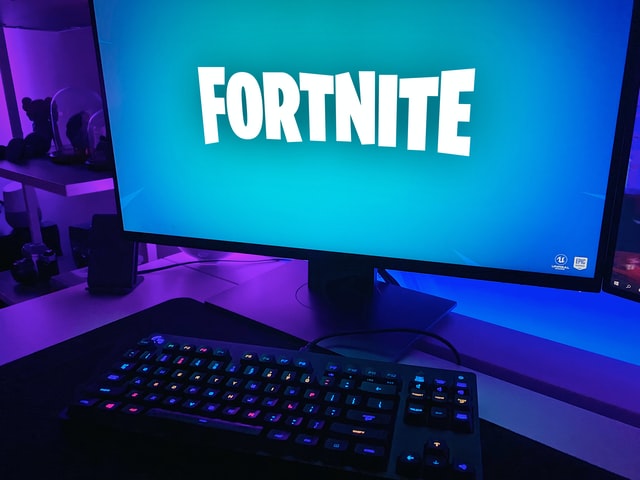
For much of the past decade, Freemium (a portmanteau of ‘free’ and ‘premium’) games have experienced phenomenal popularity as a result of developing in tandem with the rise of smartphone application ecosystems. Yet despite their success, many developers have been looking for alternative ways of monetizing their new games due to certain negative associations that have grown up around freemium titles. Freemium games, which typically place certain features or elements of a game behind a pay-wall, can suffer from poor implementation leading to a frustrating experience for gamers. This ultimately discourages a potential customer from feeling motivated to pay for full access to a game. It is for this reason that other models have seen a resurgence of popularity in recent years.
New Methods
Alternatives to the freemium model include the mainstay of game incentives: the promotional offer. These range from free trials and open betas, as witnessed with EA’s recent launch of dodgeball multiplayer game, Knock-out City, to the world of iGaming and online casinos, where it is common to find welcoming offers such as a $20 no deposit bonus on slots titles. In truth, there is no single monetization model that makes sense for every type of game as different means of engagement and play styles necessitate different funding strategies. With respect to certain types of modern multiplayer games, the concept of the battle pass has risen to become the preferred strategy, for the reasons we will outline below.
Origins and Development
Battle Passes, which are otherwise known as Season Passes, first became popular in the world of Massive Multiplayer Online Battle Royale games, such as PUBG and Fortnite. PUBG, short for PlayerUnknown Battlegrounds, was a game built on the engine of DayZ and is home to an active community of 16 million daily players worldwide and 34 million registered users. PUBG, like Fortnite, is free-to-play for everyone, though players can choose to purchase a Battle/Season Pass to unlock optional extras. Nowhere has the success of this model been more apparent than with Epic Games’ immensely successful game, Fortnite. Though free-to-play, Fortnite has earned nearly $9 billion in microtransaction sales thanks to its battle pass model.

Big Name Studios
Now major game studios, such as Activision (Call of Duty) and 343 Guilty Spark (Halo) are jumping on the bandwagon. As games become bigger, more complex, and harder to make they also become more expensive for customers. Large game studios have been trying to figure out a way of continuing to make money off games as they age, in order to better recoup development costs. This is the rationale behind the growth in popularity of DLC (Downloadable Content), after-market expansion packs that can be purchased in order to access new weapons, play mechanics, or levels. While this is beneficial to developers, making DLC is nearly as expensive and time-consuming as developing whole games. This is where Battle Passes come in, as developers can easily create a steady stream of content to reward gamers for progressing in their battle passes, and in some cases, charge users the cost of a battle pass for each successive season of gameplay. Call of Duty: Warzone, released in 2020, is a standalone arena shooter in the Call of Duty series that utilizes a battle pass model to generate funds through microtransactions. With the addition of microtransaction sales from Call of Duty: Modern Warfare, Activision has earned over $500 million in a single year. Now Halo: Infinite, the latest title in the Xbox’s long-standing FPS series, is planning to offer its multiplayer segment up free-to-play with its own battle pass model. Elsewhere, Square Enix, the developers behind the Final Fantasy RPGs, are on the verge of releasing their own battle royale game in Final Fantasy VII: The First Soldier.








